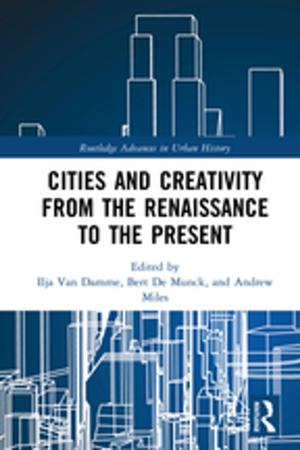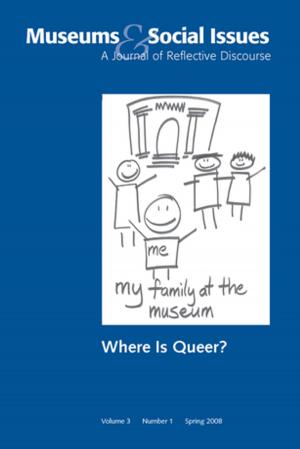The Case Against the Global Economy
And for a Turn Towards Localization
Nonfiction, Social & Cultural Studies, Political Science, Government| Author: | ISBN: | 9781134202256 | |
| Publisher: | Taylor and Francis | Publication: | February 25, 2014 |
| Imprint: | Routledge | Language: | English |
| Author: | |
| ISBN: | 9781134202256 |
| Publisher: | Taylor and Francis |
| Publication: | February 25, 2014 |
| Imprint: | Routledge |
| Language: | English |
The greatest political debate of our time is about the blind rush towards a single global economy, its consequences for jobs, democracy, human well-being and cultural diversity, and its impact on the natural world that sustains us. Its effects will be profound and irreversible, but globalization itself is not inevitable. In The Case Against the Global Economy, 24 leading economic, agricultural, cultural and environmental authorities, drawn from across the world, argue that free trade and economic globalization are producing exactly the opposite results to those promised. From a detailed analysis of the new global economy, its structures and its full social and ecological implications, they show how it is undermining our liberty, our security and our well-being, and is devastating the planet. First published in the USA in 1996, in an edition focused on North America, the book won the American Political Science Association award for the Best Book in Ecological and Transformational Politics. This completely revised and updated international edition presents a passionate and persuasive case for the need to reverse course, away from globalization and towards a revitalized democracy, local self-sufficiency and ecological health.
The greatest political debate of our time is about the blind rush towards a single global economy, its consequences for jobs, democracy, human well-being and cultural diversity, and its impact on the natural world that sustains us. Its effects will be profound and irreversible, but globalization itself is not inevitable. In The Case Against the Global Economy, 24 leading economic, agricultural, cultural and environmental authorities, drawn from across the world, argue that free trade and economic globalization are producing exactly the opposite results to those promised. From a detailed analysis of the new global economy, its structures and its full social and ecological implications, they show how it is undermining our liberty, our security and our well-being, and is devastating the planet. First published in the USA in 1996, in an edition focused on North America, the book won the American Political Science Association award for the Best Book in Ecological and Transformational Politics. This completely revised and updated international edition presents a passionate and persuasive case for the need to reverse course, away from globalization and towards a revitalized democracy, local self-sufficiency and ecological health.















